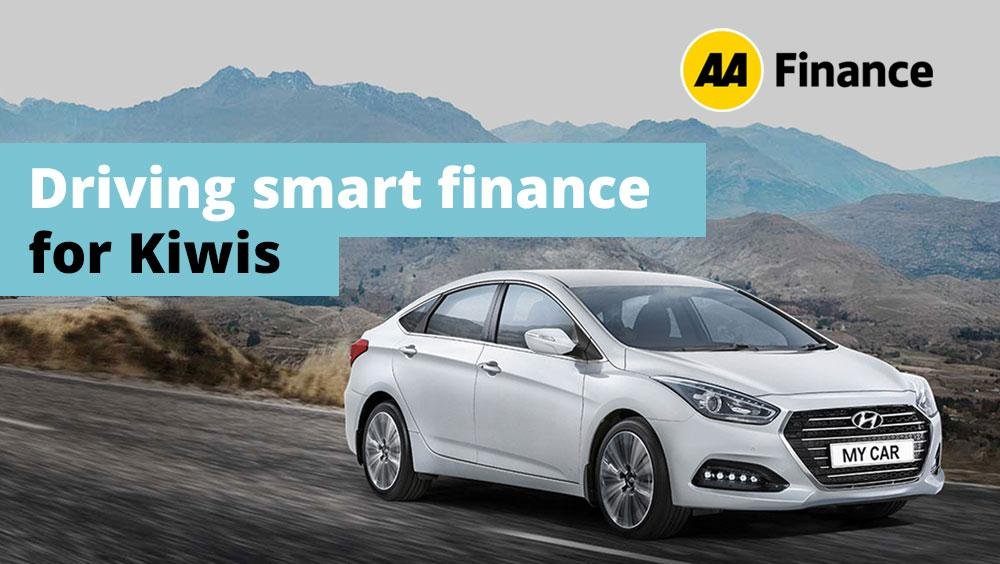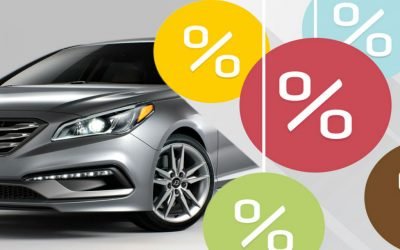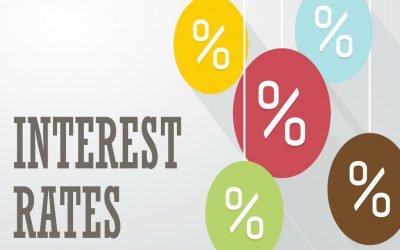VEHICLE LOANS
Vehicle Loans in New Zealand
A vehicle loan is a loan that an individual takes out in order to buy a vehicle. It is a type of secured loan in which the lender loans the borrower the cash to purchase the vehicle and in return the borrower has to pay back the amount of the loan plus interest by keeping their valuable item or the vehicle that is purchased as a collateral.
The loan is paid off in fixed instalments. If the borrower is unable to pay the loan amount, the lender has a right to seize that collateral and sell it in order to recover losses. Once the loan is paid off then lender abolish ownership over the collateral.


Basic building blocks of a vehicle loan:
- Loan Cost: The principal and the interest are two basic parts of the cost of loans for vehicle. The principal amount is the decided cost of the vehicle and the interest is the total amount of the costs accrued during the life of the loan. It is based on the principal amount and the fixed interest rate.
- Interest rates: It is the charged amount expressed in terms of percentage of the principal amount by a lender to a borrower for the use of assets. Interest rates are fixed.
- Down Payment: It is an amount that is paid by the borrower at the time of vehicle purchase. It is also expressed in terms of a percentage of the total price.
- The terms: Most of the car loans are fixed at 36, 48 or 60 months. There are different terms of loans for different credit history borrowers.
The vehicle loan process:
Following are the basic steps to follow in the process of securing loans for vehicle:
- Determine what you can afford: If you are planning to take a vehicle loan then work on a realistic budget that helps you to recognize what you can afford in terms of a monthly payment. Then go to the amount of loan that you can repay. Then next the amount of down payment, you plan to make. This can help you which type of vehicle you can afford to purchase.
- Check your credit score: Before talking to lenders, it’s important to know where you stand in regard to credit score. Generally, lenders depend on credit scores and reports when determining loan interest terms and rates. The higher your credit score, the better position you will secure at a lower rate.
- Shop around the best loan deal: It is the most important thing to do as terms and rates can vary, sometimes depends on lenders. It is always recommended to look for the best loan before dealing for the vehicle loan.
- Get Approval: Getting pre-approved for a loan means you have set your limits before setting foot in the dealer’s showroom. The best places to look for a pre-approved loan are credit unions and banks.
- Shop for your vehicle: After approval, you can now visit your near auto dealer’s showroom and can purchase the exact vehicle that you want. Your lender only needs to know about the model, year and vehicle identification number.


Buying a Car

Acquire a preapproval for the vehicle loan
Used vehicle loan rates: are rates charged on loan given to an individual seeking to buy a used car. The amount of the money financed is usually lower, but this is not always an advantage to the borrower.
The interest rates charged for vehicles on used car loans are very high. Used cars are considered to be a liability to the financier. Due to their high maintenance attracted by frequent breakdowns and the need for spares. It is likely to be very expensive for the debtor and may cause them to default altogether.
For this reason, the lender will charge high vehicle loan rates on the used cars to cover themselves. Lenders in New Zealand usually prefer to give 2 or 3 years on used vehicles, and some can give up to 5 years but not more than that.
Negotiate for the car
visit a few dealers and negotiate for the vehicle that you want. Settle on the dealer with the lowest price. The preapproval gives you an upper hand in negotiations. If you are buying a used vehicle, ensure the warrant of fitness is still valid, get a mechanic to do a full inspection of the car and finally take the car for a spin. There is no better way to know the state of the car than driving it yourself!


Alert the lender
with the dealer information, car model, year of manufacture, mileage etc., so that the lender can finalise on your loan processing. After this, you need to sign the paperwork; ensure you understand every clause of the agreement before you append your signature.
Pros and Cons of Vehicle Loans

Advantages Of Vehicle Loans
You can afford to buy your dream car.
Small monthly payments are more manageable and have less pressure compared to paying a lump sum.
You enjoy using the vehicle while still paying for it.
At the end of the loan term, you automatically gain full ownership of the vehicle.
Disadvantages Of Vehicle Loans
You pay extra costs in the form of interest.
You get lots of conditions from the lender, especially for secured vehicle loans.
Choosing a long-term loan for a used vehicle can easily cause you to have an upside down; where you owe more than the car is worth.
In case your financial status flops for secured vehicle loans, the lender can repossess your vehicle.
Some lenders charge an early exit fee, which incurs unnecessary cost in the event where you want to clear the loan.

Vehicle loans in New Zealand
Vehicle loans in New Zealand are very competitive, reliable and easily accessible. Doing in-depth research on the loan providers, rates, loan tenure and terms and conditions, will enable you to make the best decision that could save you time and money. Happy shopping!






